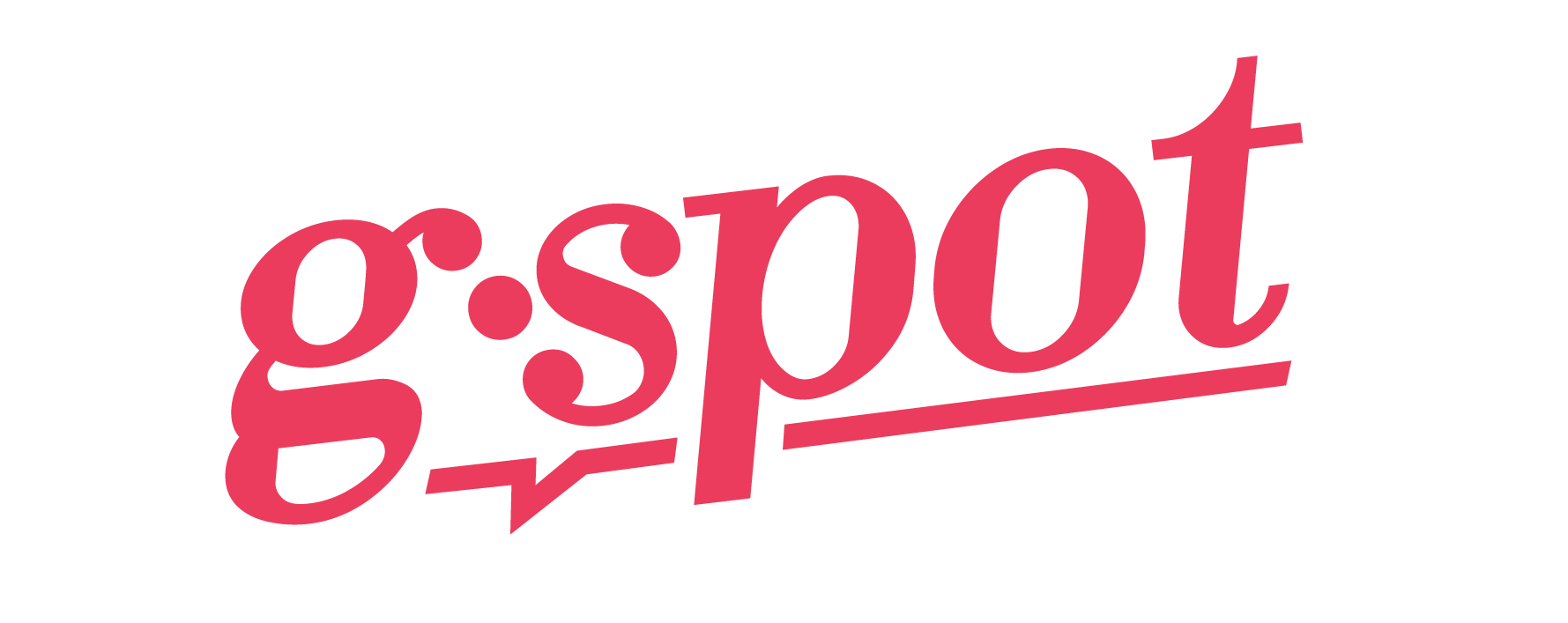As a young girl, I used to love playing house, taking the role of the mother to my brown-haired, blue-eyed baby doll. I told myself that I would like to have a child one day. I grew up with this in mind, until I realized that I wanted to pursue other things in life before I did.
In the midst of pursuing my dreams, friends and family my age began to have children of their own. Then did I realize that I do not have the propensity for being a mother. I may have maternal qualities, but not enough or as much as those who can raise another human being. At any rate, I still wanted to see how far I can go with my career.
I got myself into a serious relationship at the height of my career in my mid-thirties. I cannot say that it made it easier for me to be in a romantic relationship by being child-free. I honestly believe that a man who truly loves you will love and accept your children just as much. I was married once before but without any children. Not having any was a blessing in disguise. It was already complicated dealing with a failed marriage; it would’ve been disastrous going through one with children.
While I know of some women who were able to move on successfully, from the stories I have heard, it didn’t go without a hitch. They had to make sacrifices to accommodate their exes. In my case, I was able to move to a different city and start anew without worrying about custody or visitation rights. I was able to make decisions on where I want my life to go without worrying about how it would impact the future of lives linked to mine.
I have been told by a lot that you can be both a mother and still fulfill your dreams.
But in doing so, I believe you cannot achieve one without sacrificing a part of the other. Just like a teeter-totter, one will have to be on top of the other, and trying to balance it at a 50-50 doesn’t make you better as a mother nor moving you closer to fulfilling your dreams.
Where do I start? Let us establish the fact that we live in a very patriarchal society where women have been considered somewhat of a second-class citizen. A woman may have a career, but soon as she gets married it is almost expected of her to give up her career so she can help in the building of the family. The man provides, the woman makes a home for the family. Incremental to that role is the bearing of children.

Time immemorial with regards to motherhood this has been the norm in our society regardless of whether the succeeding generations have opened up to the possibility of a career-driven woman or if for economic reasons, a woman is obliged to pursue a career. In the case of the latter, society will expect the woman to balance both, but the bottom line is, a woman is expected to be a mother.
There is another factor that further forces this responsibility on women. That is the lack of options or opportunities for the majority of women in this society. Without anything to aspire for, I feel women tend to believe that the only greatest achievement for them is motherhood. For some, it truly is even if opportunities have been presented to them. But they had the privilege of a choice.
This notion has been passed on from generation to generation so much that it has been so common to ask any newly married woman “Are you pregnant yet?” as if it was society’s business to ensure the propagation of the Filipino species.
People ask as if they’re entitled to know
A few months after getting married, I attended a book launch and bumped into someone I vaguely knew. She asked me the magical question. Then a few weeks later, on my way to Manila, while waiting to board my flight, another acquaintance who was already boarding her flight screamed across the entire room to ask me the same question. Funny enough, they ask this ‘must ask’ question whether or not they were even invited to your wedding, let alone your honeymoon!
They have a need to know. Why? As a woman, society requires you to answer the call of duty. I did answer. Well, not the responsibility put on me by these women and society but instead I answered their question.
I loudly, proudly and with absolute candor said, “We do not want to have kids”. There, it was finally out there.
But as I said that, one of the women almost choked. The other was practically dragging her jaw through the airport gates. I often get asked the same question and every time I give them the same answer I hoped that it would be the last of it. But no. They follow up with the big “Why?” as if they are entitled to know.
I could easily be offended by these questions because in other cultures it is considered, firstly, rude. Secondly, it is not as if they will partake in the rearing, moral well-being, and the financial investments involving the child. And thirdly, it’s really nobody else’s business. But after all these years, no matter how unacceptable it is in this society, I have learned to take it in stride as I understand there is a major learning curve involved. Adapting to a new idea is not an asset this society holds.
On the other hand, if one meets a woman who has been married for some time they typically ask, “How many kids do you have?” In other cases, when a woman is of a certain age, it is automatically assumed that she has kids.
I am not here to condescend the choice of motherhood

Every Mother’s Day, I try to greet mothers on this special day. I would post the greeting on my social media in the hope of it reaching more mothers. However, sometimes I feel a little apprehensive to do so for fear that I might get the same greeting back. As a matter of fact, I am quite certain that I will. True enough, this year it happened again.
I sent out the greeting and an acquaintance did exactly as I expected. For me the question always has been, “How do you correct their well-intended notions without embarrassing them as well as without offending the rest of the mothers who are reading the same post?”
I know I could’ve just personally greeted every mother I know, but doing so will certainly get me greeting all the way to the next Mother’s Day and will have me doing it all over again. Hence, social media.
So I replied, “The day doesn’t apply to me, my love. I am not a mom.” Of which he replied, “You are a mom in so many ways.” I probably know that his answer was to save face. But as much as I appreciated that he felt that way, I honestly was too embarrassed to other mothers who were reading it thinking that having maternal qualities does not equate to being one. And rightfully so.
I am not here to condescend the choice of motherhood. As a matter of fact, I have so much respect for women who have made the choice to be one as I understand the sacrifices they have made and the responsibilities they have taken to bring another human into this world.
The actual birthing process itself is considered the greatest act of selflessness. It is literally a woman giving half of her life for her child. As my grandmother used to say, “Giving birth means a woman putting her one foot in the grave and the other thriving to make it out alive for her child.” But as much as I admire the heroism, strength, and virtues of mothers, I can’t help but sometimes feel that there is a judgment by mothers on women who choose a different path.
Almost to say that motherhood is the be-all and end-all of being a woman
A few years ago, a friend of mine asked me, “Why don’t you have a lot of wrinkles?” and before I could even reply she answered her question, “Oh I know why! Because you don’t have kids!” Well, she didn’t mean it as a joke. To me it was unbelievable, but she did seriously ask about it. Oblivious to her, it felt as if she was complimenting me for my looks with a hint of judgment on my life choices.
In another instance, I was having lunch with the ladies. I happened to be the only woman without children in the group. They started lamenting how difficult it is to have or find helpers.
Whether they did have or didn’t, they just kept ranting about the if-nots, the how-is-its, and why-nots. In instances like these, I tend to keep quiet as my husband and I hold a very European lifestyle of doing our own chores. But every now and then I get asked, “Your house is so well maintained and clean, how do you do it?”
I give a simple answer like, “We just do because who will?” and immediately all of them will reply with, “Well that’s because you don’t have kids…” as if the majority of families in the globe have access to helpers. There it was again.
Sometimes it makes me wonder if they are even aware that they are cutting other women to size when they say things like that.
There are even instances when I get together with some college friends who are mothers, and who I don’t get to see often since moving away from my hometown. And the topics of conversations revolve around PTA meetings, who’s who parents of the classmates of their children, tutoring, enrollment and school requirements, what they don’t agree with on school circulars, etc.
In other words, discussions I don’t understand nor do I have any to contribute to. It makes me think that there is an exclusivity to motherhood that women like me who choose not to be one become the minority. Going back to what I have earlier explained with regards to what is acceptable to this society, I am part of the minority.
Personal choices that shouldn’t concern anybody but me and my husband

I attended a workshop and there was this sweet-looking woman a few years younger than I am that was keen on making friends with me as we were the only two women in this small group.
During the break, we went through the standard routine of asking if I were married and the dreaded question of how many kids I have. I answered that I am married to a foreigner and that we didn’t have kids. She asked me why, and I told her that we didn’t want to have any. She immediately followed up her question with, “Can I see a picture of your husband?” I proudly obliged and handed her my mobile phone with my husband’s image.
While looking at the photograph of my husband and with much excitement she says, “Oh wow! You and your husband are a great match! I’m quite sure if you had a baby it would be so cute!” I replied, “Thank you but we really do not have plans of having any kids.” What she said next took me aback because she said, “You know you can always adopt…” To which I said, “Adopting is still an option of having a child. Again, we have no plans of having children, and it’s not a case that either I or my husband are infertile.”
It was almost as if this woman refused the idea of me not wanting to be a mother that she totally dismissed what I said and assumed that the reason why we didn’t have children was that either I or my husband was infertile. After the conversation, I excused myself to freshen up. But I actually said and did that because deep inside I was kicking myself for even trying to explain to a total stranger personal choices that shouldn’t concern anybody but me and my husband. More importantly, me. But then again, why shouldn’t I even if my choices are deemed unacceptable in this society?
I am not quite certain if the view of motherhood is the same in most countries in Asia, but I am quite sure that it is not the case with Western countries. Being married to a European made the difference more apparent. In Europe, the choice of being a mother is inconsequential to who you are as a woman in society. Why? Because motherhood is not necessarily a norm but a choice. Their view of women is not only limited to being a mother.
Some people say that one can only be called a woman once one has fulfilled the role of being a mother. Not many people will agree with me on this, but I refuse to believe that. That is almost like saying that a woman’s primary role is just to bear children.
I would like to think that women are not just one-dimensional in that sense. There is more to being a woman than just birthing and rearing another human being. Motherhood is just one part of so many that make a woman but it is not the be-all and end-all. In the same breath, should a woman choose not to be a mother, doesn’t mean her life is any less than those who have chosen to be one.
Motherhood is celebrated as it should be. However, there is also no shame in not being one should one opt to pursue a career. Men can be fathers and have a career. For women, to have both is like having two full-time jobs.
Sometimes, when people become aware you have taken a different path contrary to the norm, they have the tendency to justify their choices by convincing you to be just like them almost as if they are recruiting you to be part of the club regardless if you feel otherwise.
I don’t think I’ll change my mind, particularly that I am currently menopausal. But for hypothetical discussions, if say I change my mind there are other means of having children: Adopting, IVF, surrogacy. Whatever choices I make in my life is something that I will have to live with, not them.
I feel all women were born with maternal instincts. As to the level of strength of these instincts for every individual woman, I feel these may vary. With this in mind, I feel motherhood is not for everyone. One will not initially know if it is for them or not, but it will take a lot of deliberation and contemplation to know what is best for them.
* Real name withheld upon request.
Featured Image: Abstract vector created by pikisuperstar






